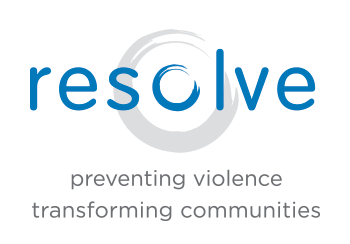“Forward this email to every woman you know!…”
As a woman and as someone who teaches violence prevention and self-defense, I get a lot of emails about staying safe. The sentiment of wanting to keep people you love safe is a great one. However, too often these emails spread disinformation and fear, rather than anything that would realistically help keep someone safe. So here is a little guide to help people evaluate the emails before they take them to heart and send them on.
• Have you checked Snopes.com? If you are not familiar with it, Snopes is a great website that researches stories that circulate and dispels them if they find them to be urban legends. Almost all of the emails I’ve gotten (assailants now using older women as lures outside of WalMart, gangs choose their next victims by the good Samaritans that flash their lights at them, etc.) are proven on Snopes to be untruths being spread rampantly on the internet.
• How likely is this to be common? Consider any statistics that you know ab out violence or go read some, and then consider, for instance: if statistically, most women are assaulted by someone that they know, how likely is it that there is someone hiding, plotting to get in my car unbeknownst to me while I fill up my tank at the gas station?
• What, exactly, is it telling you to prepare for? Does it conflate assault with robbery? A robber is someone who wants things, while an assailant is someone who wants to hurt someone else. Remember that a suggestion like not carrying a purse, not keeping your wallet in your back pocket, never wearing noticeable jewelry, etc. is about robbery, not assault. Being specific about what you are preparing for can make you feel less scared and more prepared.
• Does it tell you to “never” do something? I’ve read emails that tell women (typically) to never wear overalls or have long hair or to balance their checkbooks in their cars. They promise dire consequences to those who ignore these warnings, because *that* is what assailants look for. Well, no. Assailants, statistically, look for people who are unaware, people they consider easy to overpower and dominate, or easy to provoke. Hairstyle has nothing to do with it. Of course lists are tempting, but lists can encourage you to concentrate on things that may obscure the truer power of what your intuition and own understanding would otherwise guide you to do. Real life doesn’t happen in absolutes.
• Does it ask you to limit your behavior in a way that seems difficult or unrealistic? Many of these emails and, unfortunately, many safety programs promote changing one’s habits in a way that limits living life. Certainly I’m not going to walk down a dark alley for the heck of it, but a certain degree of risk (balancing your checkbook for a moment in your car after shopping, going out after 7pm, or hiking alone) is not foolish, foolhardy, or irresponsible – it is, in fact, healthy.
• How does it make you feel? This, perhaps, is the most important point to me. Does it actually share things that make you feel safe, feel more powerful in your own skin, feel more able to deal with situations that come up in life? Or does it tell you that there is danger lurking around every corner in your everyday life that you must try to avoid? Good safety information should make you feel safer, not more afraid.
